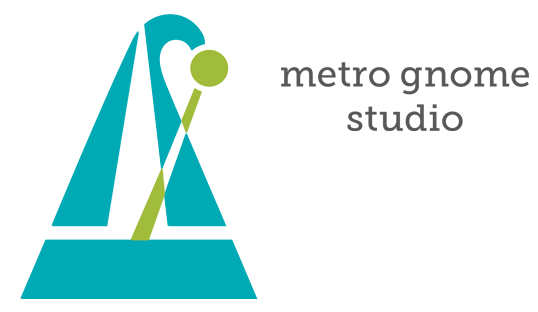Why I Teach Music: Opportunities to think, write, talk, and impact how music influences humanity.
Seth Bailin is a Greater Boston area musician. I met Seth at a parade where he marched and played his saxophone while I marched with my hula hoop to his band’s high energy music. Later I found out he is also a teacher, a producers, a program director (to just name a few things) at a music school. Since then I have grown to really admire his work in music.
Recently he shared excerpts from one of his essays that I find inspiring:
From an essay I wrote on teaching music:
There are a couple quotes from Hazrat Inayat Khan’s The Mysticism of Sound and Music that have stayed with me since reading them; they both point to universality of music: “The more one studies the harmony of music, and then studies human nature – how people agree, and how they disagree, how there is attraction and repulsion – the more one sees that it is all music.” Is Khan saying that everything, including this essay, is music? He continues to explain, “What is music? It is rhythm. It is tone.”
Certainly non-audible things have rhythm. There is a rhythm to speech, there is a rhythm to how a book is bound. Rhythm is found everywhere, from the microscopic structure of DNA, to the cosmic orbit of the planets and stars. But what about tone? Do non-audible things have tone? Tone brings to mind timbre first, then color, energy, and human intention.
Could any action that contains a rhythmic or tonal component be considered music? How does this understanding help us become better teachers? We may begin to recognize, and help our students recognize the music within everything. We may see all conversations as having tension, release, harmony, dissonance, and rhythm. We may start to notice the dissonance in our own lives and eventually rework the composition of our reality.
We must not forget why we are teachers in the first place: to share the love of music. And since music is everywhere, we must teach a musical life style. We must harmonize with ones self through meditation, practice, healthy eating, breathing, gratitude, and positivity. Is there a place for these practices in music curriculum, or in schools or after school programs in general? All of these things can and will align a being with the “cosmic groove.” Where does learning begin or end?
When I doubt myself as a music educator, one thing I try to remember is to circle back to these questions: Do they love music? Even if progress is sometimes slow and frustrating, have I instilled in them a life-long commitment to allowing music to be a big part of their lives, as a vehicle of joy? If the answer is ‘yes,’ I’m doing alright!
